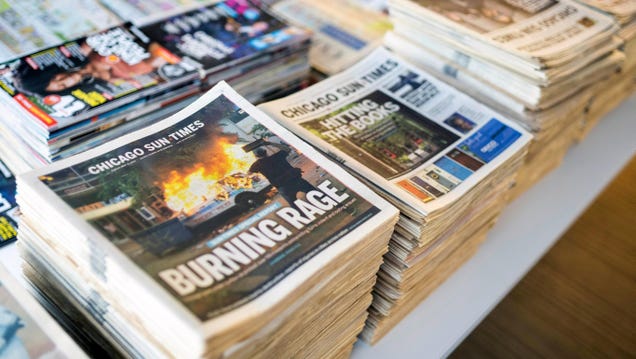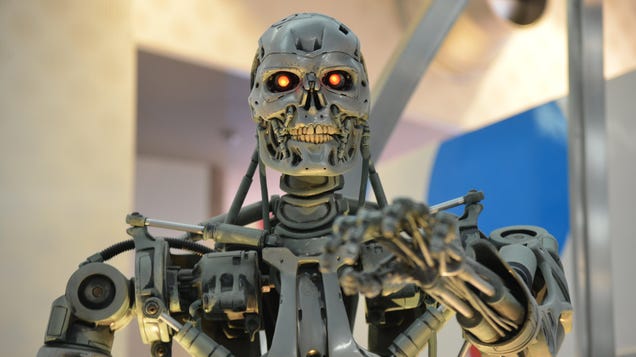
If you’re behind on what’s happening with the robot uprising, have no fear. Here’s a quick look at some of the weirdest and wildest artificial intelligence news from the past week. Also, don’t forget to check out our weekly AI write-up, which will go into more detail on this same topic.
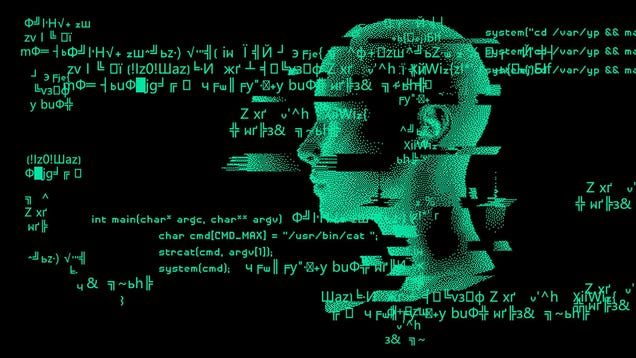
- If there’s one thing you do this week it should be listening to Werner Herzog read poetry written by a chatbot.
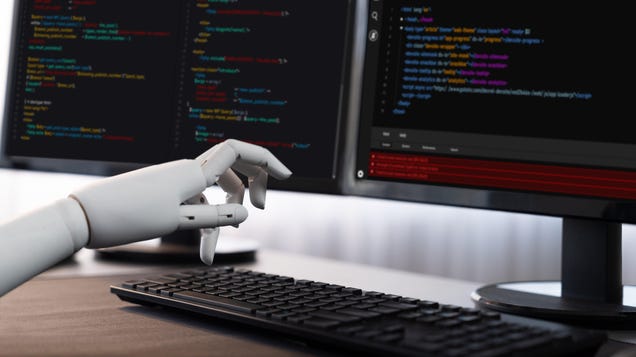
Meta’s language-centric LlaMA AI will soon find itself in the company of a nerdier, coding wiz brother. The company’s next AI release will reportedly be a big coding machine meant to compete against the proprietary software from the likes of OpenAI and Google. The model could see a release as soon as next week.
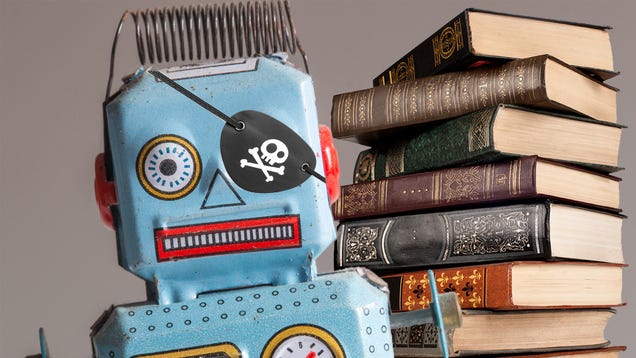
One of the most prominent pirated book repositories used for training AI, Books3, has been kicked out from the online nest it had been roosting in for nearly three years. Rights-holders have been at war with online pirates for decades, but artificial intelligence is like oil seeping into copyright law’s water. The two…

OpenAI is facing a potential lawsuit from The New York Times for an intellectual property debate over alleged copyright violations, sources told NPR on Wednesday.
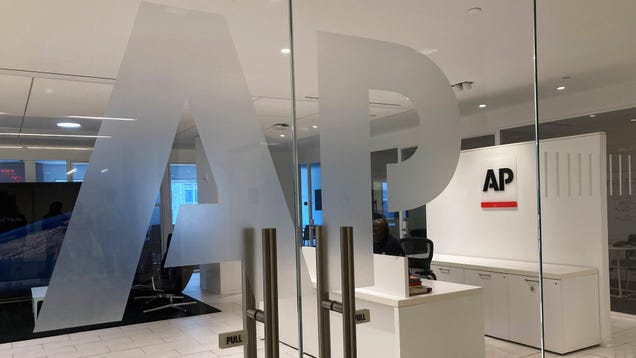
The Associated Press is putting its foot down on journalists using any kind of AI program to write articles, though that isn’t stopping the company itself from making a quick buck in exchange for training generative AI on older AP content.
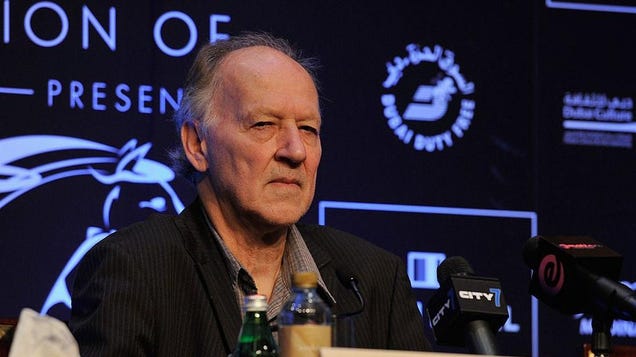
An AI chatbot wrote a collection of poetry, and when its human co-authors needed someone to narrate the audio-book, Werner Herzog was the only reasonable option. It’s the only saving grace of our dull, slow-moving apocalypse: sometimes, as we stare into the abyss, Herzog stares back.
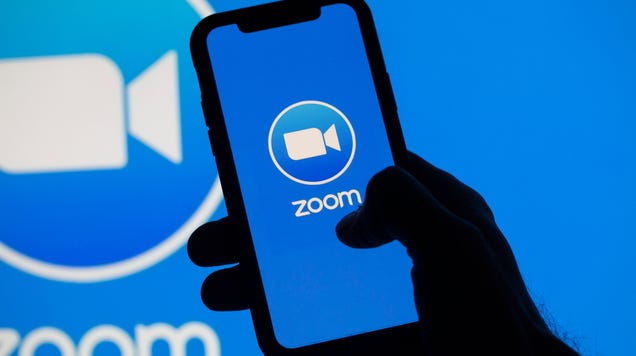
After massive backlash over its wishy-washy communication regarding training artificial intelligence with customer data, Zoom wants to set the record straight. Today, Zoom issued an update to its previous announcement on its plans for AI to formally claim that the company will not use audio, video, chat, or similar…
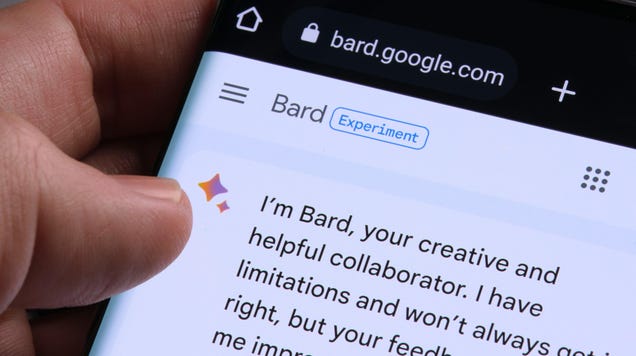
Google hungers for all that content produced by the wealth of digital publishers creating text, video, and images on a daily basis. To deal with the sticky copyright issues at the heart of AI training, Google is proposing that all those companies who don’t want their content gobbled up will need to “opt-out” to ensure…

